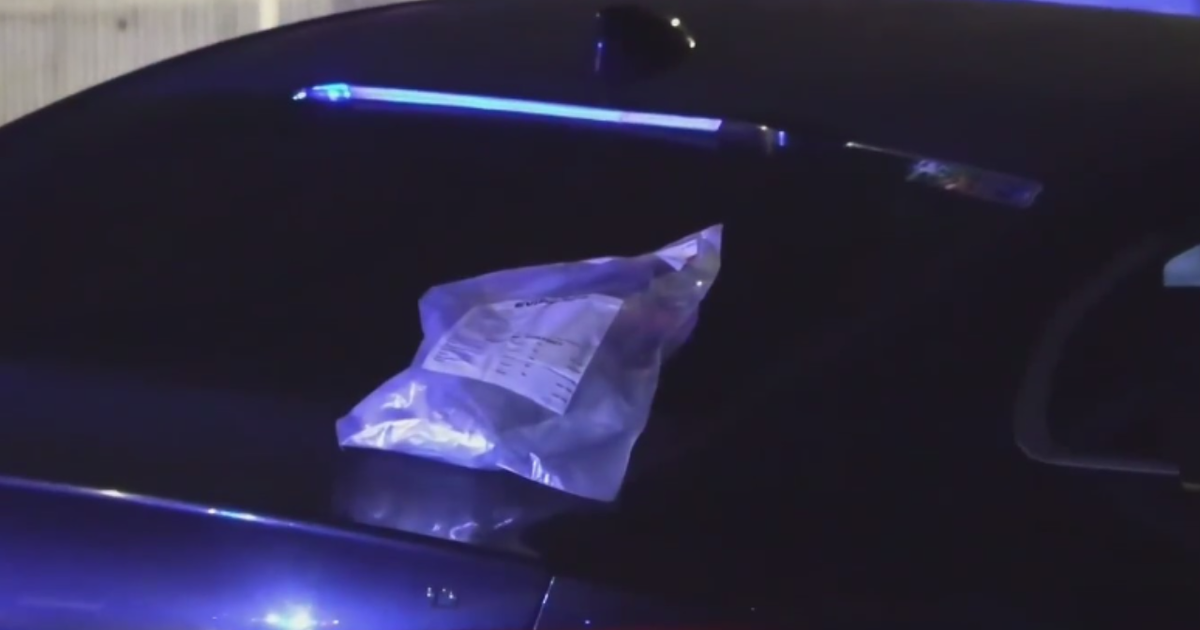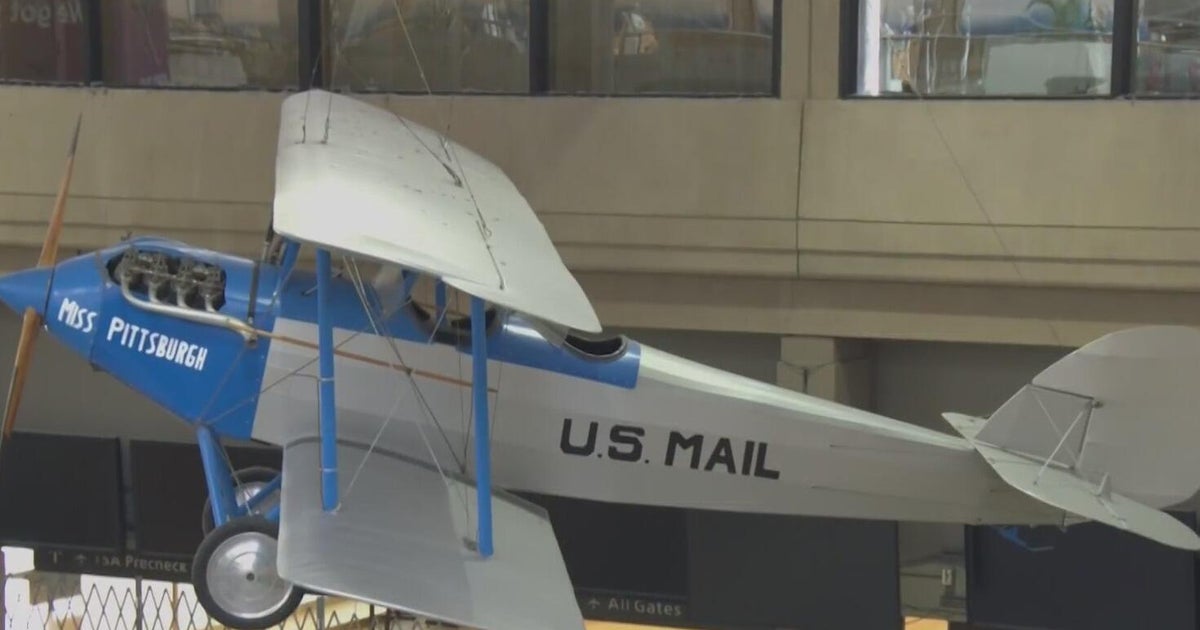I-Team: Cargo Safe And Screened?
BOSTON (CBS) -- Is enough being done to make sure air cargo is safe and properly screened?
That question is being asked as an investigation was launched into suspicious contents on cargo planes in the U.S. and the U.K. which originated in Yemen.
Critics tell the I-Team some of the safeguards put in place by the Transportation Safety Administration are misleading when it comes to keeping our skies safe.
Ever since the attacks of 9-11, cargo has been a soft spot in aviation security. Last summer, the TSA announced with fanfare that it had met a congressionally mandated goal of screening 100 percent of all cargo on domestic passenger aircraft.
Brian Sullivan, a retired FAA special agent, wasn't applauding.
"TSA has said hey, world, terrorists! We have 100 percent screening of cargo," Sullivan said. "The terrorists are going to say, oh yeah, we're gonna test that."
In order to reach that goal of 100 percent, screening has been outsourced by the TSA to private companies -- so-called "known shippers" -- who critics suggest might not have the same security standards as a federal agency.
"I'll tell you right now, if the known shipper program or the trusted shipper program is part of the 100 percent of that cargo being screened, I know how to exploit that vulnerability, the terrorists know how to exploit that vulnerability," Sullivan said.
The biggest fear, Sullivan said, is that private companies designated to screen cargo could be infiltrated by terrorists.
"The obvious shortcoming in the known shipper program, or the trusted shipper program, is just that. I am trusting you. I don't want to trust you for my security," Sullivan said.
George Naccara, TSA security director at Logan Airport, admitted the agency is unable to screen much cargo itself. "It's a small percentage," he said. "We don't have equipment necessarily to screen cargo purely."
The I-Team obtained a summary of a report released last month by the Department of Homeland Security's Office of the Inspector General. It found "vulnerabilities" in the procedures employed by cargo screening facilities, particularly in their ability "to detect and prevent explosives from being shipped in air cargo" on passenger aircraft.
Meanwhile, the TSA is still several years away from meeting a second congressional mandate – 100 percent screening of cargo on international flights.







